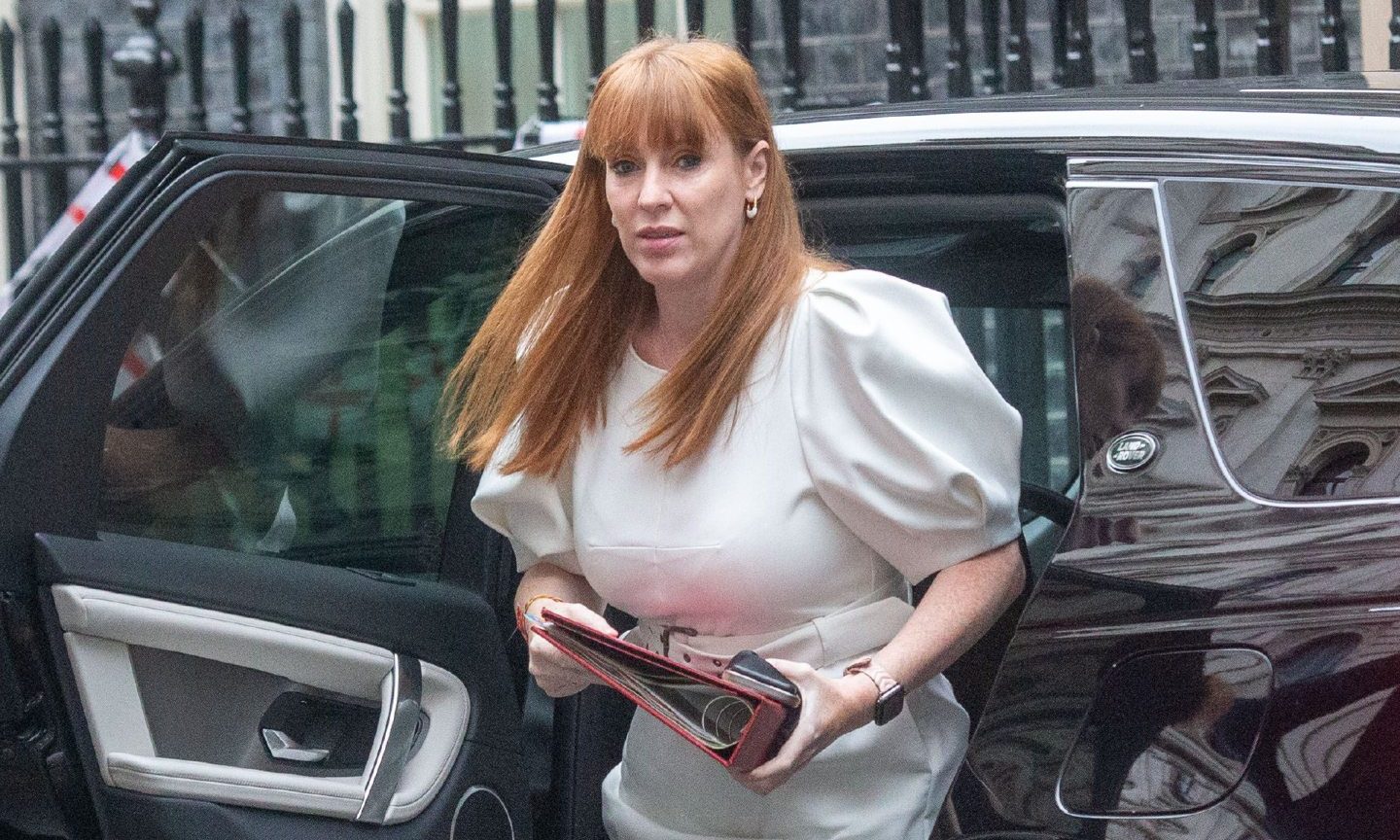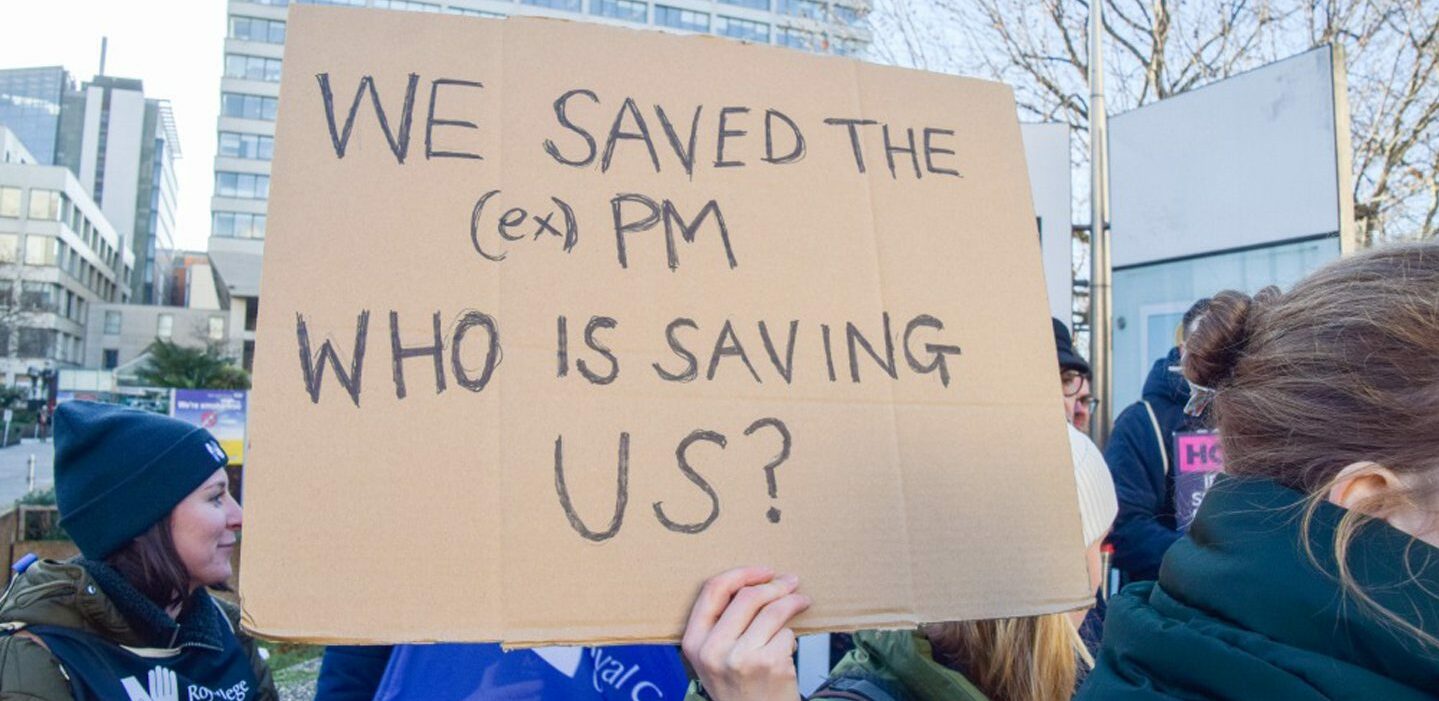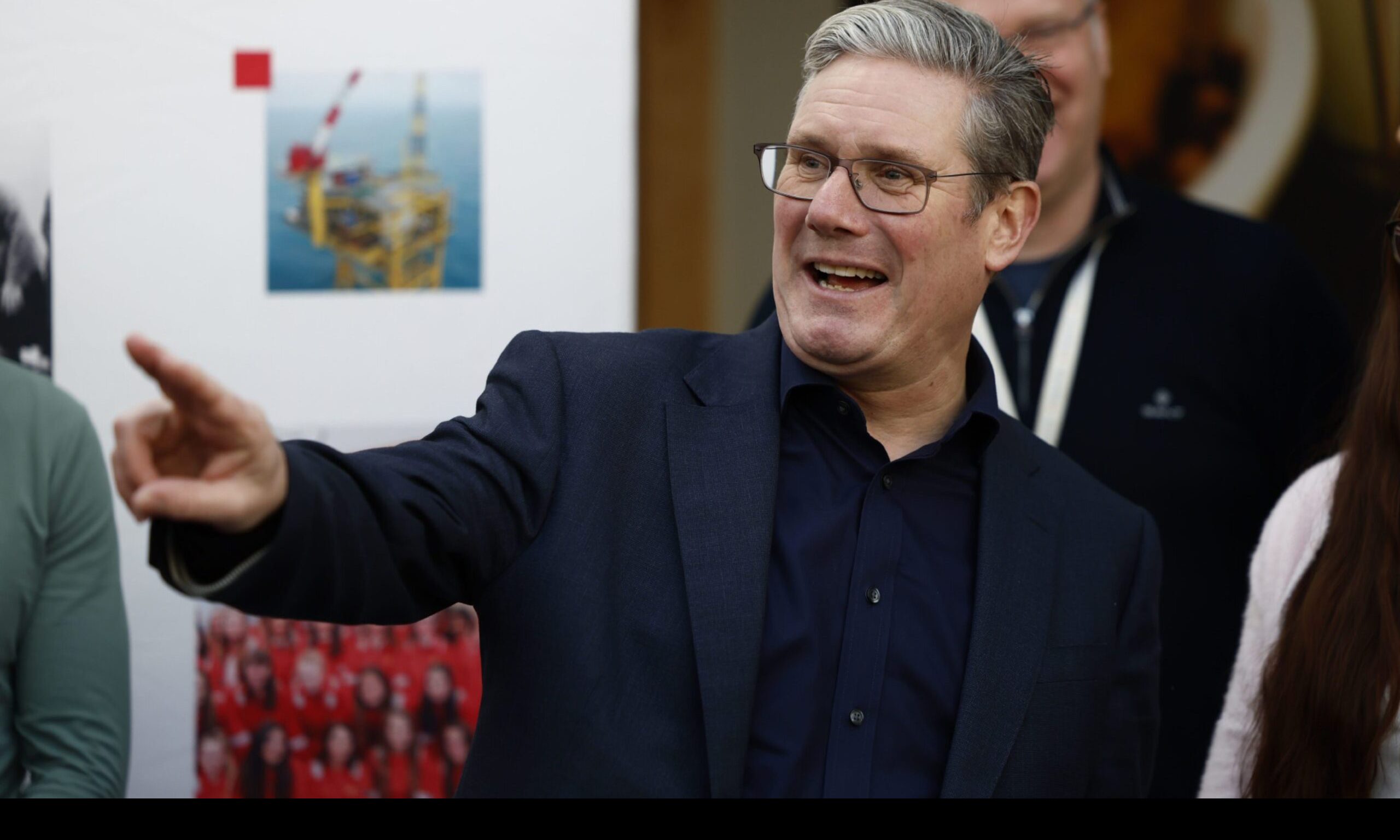It was the gift that kept on giving to opponents of the Prime Minister, Sir Keir Starmer, during last week’s Labour Party conference. Every few hours, it seemed there was another freebie furore to get steamed up about.
Whether being showered with clothes, the use of a penthouse for his son to study for his exams, or a hospitality box at Arsenal, the PM was constantly forced on the defensive.
Freebies from clothes and glasses to football and concert tickets
In basic terms, Starmer accepted more than any other MP in the last parliament, and any other major party leader. The media highlighted how Lord Alli, a businessman who is Labour’s main fundraiser, had given him £2,435 worth of glasses and £16,200 worth of work clothing, as well as a stay in an £18m penthouse apartment.
And while he attempted to take a defiant line in insisting he had complied with all the rules over the declaration of more than £100,000 worth of free tickets, mostly to football matches and concerts, the news of this largesse contrasted starkly with the government’s decision to scrap winter fuel payments for many pensioners.
If this was the “Change” his party had promised, it felt remarkably similar to much of the sleaze and controversy which surrounded Boris Johnson’s premiership.
And opinion polls demonstrated that the public has little sympathy with the argument that politicians are allowed to benefit from big business or billionaire donors, especially at a time when they are being told to tighten their belts and prepare for tough times.
It’s one rule for them….
Deputy PM, Angela Rayner, said she understood why people were “frustrated” and “angry” that the likes of her and Starmer had received thousands of pounds in gifts.
But she insisted these had been “a feature of our politics for a very long time” and argued donations were necessary because of the expense of running for office.
Not everybody is convinced. In fact, I couldn’t find anybody to defend the practice when I contacted several people from across the party spectrum. One Labour figure simply replied: “We can’t accuse the other lot of being greedy, then do this sort of thing.
“There’s a word for it. Hypocrisy.”
Aberdeen-based psychotherapist, Nara Morrison, summed up the contradiction at the heart of the recent revelations, which have plagued past and present governments.
She told me: “The practice of politicians accepting gifts from businesses, private donors, or organisations remains a hugely concerning issue and is widely discussed in the media. There is only one response to that: taking gifts must not be allowed.
This show can’t go on
“It’s infuriating listening to how some Labour politicians have tried to justify recent ‘discoveries’ related to donations to the leadership and members of the Labour Party, ‘because it’s not as bad as the previous Tory government did’.
“But ask yourself: can we trust a politician who is influenced by the wealth and power of individuals or companies? No. Can we be confident that constituents’ interests and needs remain a top priority for such a politician? Absolutely not.
“As a result, we are losing trust not only in our politicians, but in democracy, because no measures are being taken to make sure this does not keep happening. Isn’t it too close to allowing policy making to be influenced by those who have money and resources?”
Some commentators suggested that much of the negativity was generated by social media, but these scandals have been around a lot longer than Twitter, X or TikTok.
RGU professor, Sarah Pedersen, offered a reminder that, in some cases, particularly when it comes to clothing and appearance, double standards are definitely in play.
She said: “To a certain extent, I feel sympathy for politicians who do not have a second income or family wealth to rely on since there is an expectation that they (and their spouses) will represent the UK on an international stage and look good doing so.
Foot was lambasted by the media
“Social media and the press can be equally critical of politicians who do not live up to their sartorial expectations – think of the attacks on Jeremy Corbyn or [1980s Labour leader] Michael Foot [who was slated for wearing a certain coat at the Cenotaph].
“I couldn’t remember his name immediately, but found it by searching ‘politician donkey jacket’. He was certainly attacked by all sections of the press about the way he dressed and what that said about his respect for the British public and history, and this was way before social media.
“I agree that this sort of story feeds into the erosion of trust between politicians and the public, but it is part of a much wider picture linked to the celebritisation of politics and the prioritisation of image and presentation style over content and policy.”
That culture is unlikely to change for the forseeable future. It’s ingrained in British politics and every organisation has its share of those who feast on freebies.
Award-winning author and poet Donald S Murray told me: “For all that is being currently and rightly highlighted, there has been a great deal of evidence that certain politicians in all parties have been guilty of accepting inappropriate gifts for years.
Breaches were fairly common
“A recent graphic example was Ian Paisley Jnr, the former Democratic Unionist MP for North Antrim in Northern Ireland. He managed to hit the charts as being among the largest recipient of gifts and expenses throughout many years in Parliament.
“Together with membership of a multitude of All Party Parliamentary Groups, these included some costly foreign trips for both him and other members of his family.
“Clearly, this is unacceptable, but his behaviour was not unique. Local committees in every constituency have a duty to keep a tight eye on the behaviour of their representatives. Too many fail to do this, acting as if they’re members of a fan club.
“Their failure to acknowledge the scale of their responsibilities is regrettable, but it should not take the existence of Twitter and other platforms to get local committees to undertake this basic and essential task.
MPs should not be in hospitality
“MPs of every party should not occupy hospitality boxes. They should be made uncomfortable by necessary questions from time to time.”
The Prime Minister will be only too aware there’s no such thing as a free lunch.
There again, his workplace has one of the best subsidised canteens in the country.







Conversation